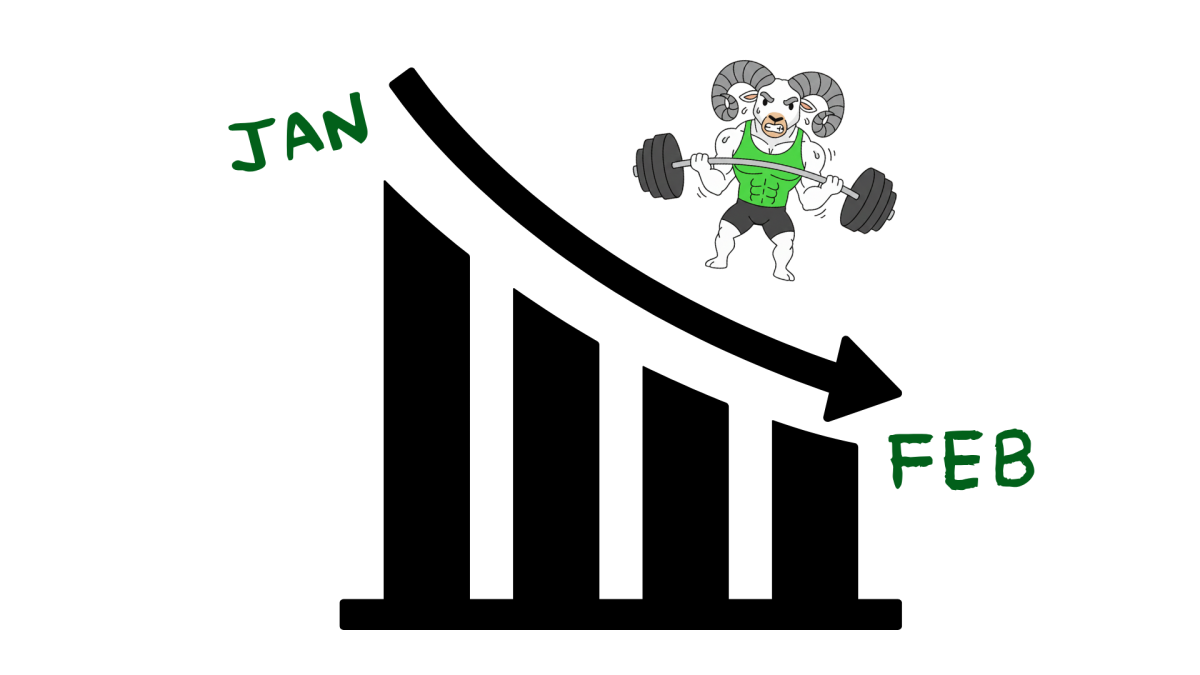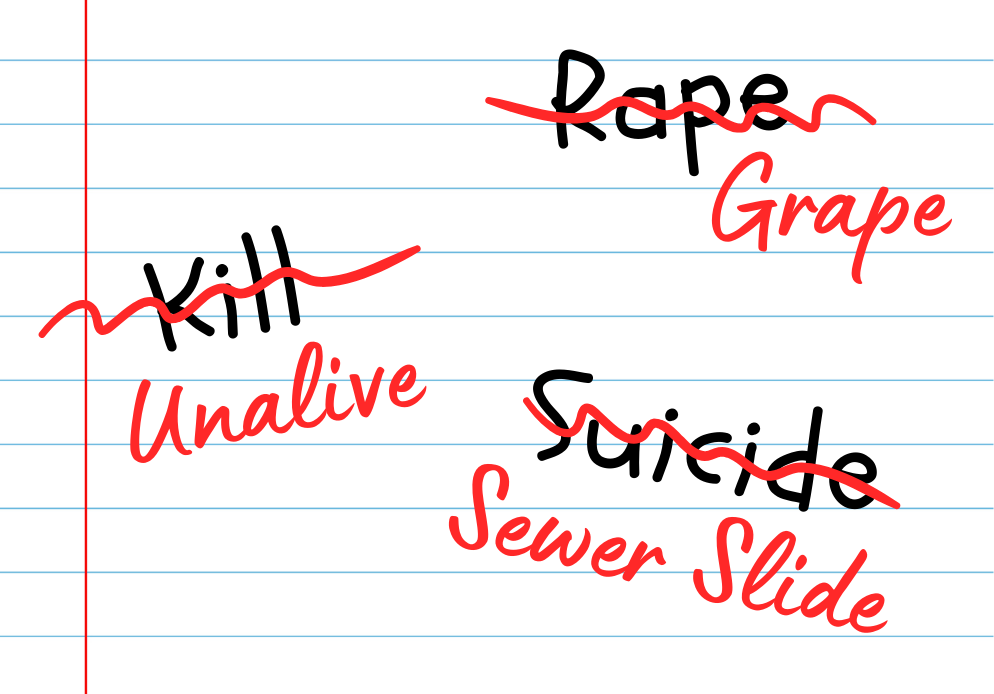Fitness myths debunked
Fitness myths debunked; truths revealed.
In today’s society, the ease to spread information has resulted in a lot of mixed information being spread across the fitness industry. In recent years, the rise of social media has allowed fitness influencers to spread their knowledge, but not everyone is an expert, which has led to the creation of many myths and rumors. “What many people don’t know as well is that a lot of progress is made on rest days.”
April 8, 2021
In the world of fitness, there is a lot of knowledge out there that people will learn along their fitness journey. There are also many things people know or hear about fitness before they start their journey. And unfortunately, there is a lot of false information that is spread around by people who don’t actually have anything to do with fitness. Especially with social media allowing other people to share their knowledge, thoughts, and opinions, on anything, this makes it extremely confusing to find out what is actually true. In the fitness industry, most of these myths will prevent people from beginning their fitness journey, as some of the myths spark fear.
One of the most common misconceptions about health and fitness is that carbohydrates and fats are your enemies. Many people tend to believe that carbs will make you sluggish and gain weight, but that is not necessarily the truth.
“Carbs and fats are the major energy source. The body has to break down complex carbohydrates to create energy into what’s called glycogen and in order for that to happen, your body has to start processing certain nutrients. You need to be doing moderate to hard cardio exercise for anywhere from 25 to 35 minutes before your body starts to process fats,” said strength and conditioning coach Michael Maloney.
Although fats are essential for your body, trans fats should never be consumed because they do the complete opposite of good fats, such as mono and polyunsaturated fats. Trans fats are bad for your heart, blood vessels, and lowers your good cholesterol. Good cholesterol is great for your heart, blood vessels, and lowers the risk of heart disease.
As for carbs, they can either be your friend or your enemy. Eating more than enough carbs will cause you to gain fat if you do not burn it off during exercise. But if you eat the right amount, carbs will only help you. To find out how much carbs, protein, or fats you should consume daily, click this link to calculate your macros. Macros are the exact amount of carbs, fats, and proteins someone should eat per day. Macros are personalized and calculated with weight, fitness goal, and activity level.
Another myth that many people believe or include in their workout regime is that you should work out every day, or that you will get in shape quickly if you workout every day.
“I think that anybody that works out every day is kind of crazy in my opinion. I think the body needs time [for] recovery. And if you’re a beginning person lifting or working or any kind of workout every single day, then I think you’re going to find them, not doing that very long,” said strength and conditioning coach Brent Pitt.
What many people don’t know is that a lot of progress is made on rest days. A good rest day will allow the body to recover, become stronger overall and give your mind a rest as well. Additionally, muscles need around 48 hours of rest until they fully recover.
A huge myth that many women believe is that lifting weights will make them look bulky. Whether someone told them that or they see shredded girls using steroids on the internet, this myth prevents many women from beginning their fitness journey.
“A lot of its genetics, so if you’re genetically susceptible to muscle growth and development, then yeah, you could, you could be a fitness magazine type product. Or maybe you don’t have great genetics for that and you are constantly fighting your own body chemistry and physiology to get to a quote-unquote body type or what you’re satisfied with,” explained Maloney.
Furthermore, to gain muscle, testosterone is needed. Women are proven to have less testosterone than men but more estrogen. This does not mean females cannot gain muscle because they definitely can. All this means is that unless it is either genetics, testosterone boosters, or steroids, women won’t have to worry about looking like Arnold Schwarzenegger.
And finally, one of the most common myths that many beginners believe is that if you are not sore after a workout, that means your muscles won’t grow.
“There are different levels of soreness, obviously the growth of muscle fiber cycle is created by the micro-tears that you make from resistance training from any sort of overload… so there’s a lot of different ways to overload your muscle fibers. It creates muscle and the muscle tears as they heal, that’s where the soreness comes from. That soreness has just like anything else in your body has different levels of effect, right, just because you’re not super sore, doesn’t mean you haven’t created an opportunity for the development of muscle fibers. Also being too sore, right, can be an inhibitor in repeated workouts, so if you’re so sore that on the third day, you’re still feeling the residual effects, well, now you’ve affected your ability to develop muscles in a different way, just through extended fatigue,” said Maloney.
Although there are many more myths out there in the fitness industry, the best way to find the truth about them is to either research the subject, test the myth out yourself or ask a life fitness teacher. Everybody is different, so just because something doesn’t work for one person does not mean it won’t work for someone else.










































